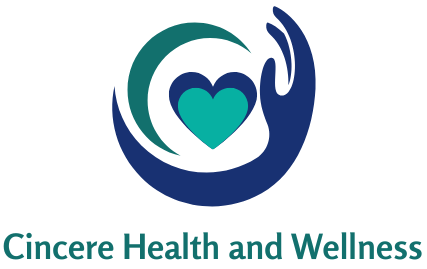COMMUNITY CONSERVATION INITIATIVE (CCI)
Neighborhood Cleanup / Umuganda
This program addresses the problem of waste management impacting immigrants in Greater Portland, Maine through the following objectives:
- Partnering directly with community leaders, stakeholders, and the City of Portland to provide appropriate tags and bags for both trash and recycling.
- Educating the community about effective waste management methods using a variety of culturally and linguistically appropriate tools including:
- door-to-door training
- conferences and seminars
- printed promotional materials in diverse languages
- Engage immigrants in litter clean up in their own neighborhoods


Heroes of the Household
Our youth program, Heroes of the Household, is focused on helping children and young adults understand and learn alongside their parents how to live more comfortably, safely, and responsibly.
Recycling for Sustainable Households
Our Recycling for Sustainable Households program aims to reduce the household per capita carbon footprint by increasing recycling. Households will be aware of and able to sort their waste and use recyclable materials and able to track of their carbon footprint.
We support immigrant households to make these changes using the following activities:
- Training immigrant households on recycling best practices.
- Running campaigns to promote reusable household items.
- Teaching households how to calculate their carbon footprint and track their carbon emissions.
- Redesigning household waste disposition methods/facility

All our programs capture the following data periodically to determine their key performance indicators (KPIs):
- The number of immigrants in the City of Portland enrolled with CCI.
- The number of program partners from the City of Portland.
- Cleaning routines in the City of Portland.
- Program efficiency.
- Participant satisfaction rate.
- Donor retention rate.
- Participants’ retention rate.
People We Serve
We serve not only the people who live, work, and enjoy life in all of our local towns and cities, but also all of the beneficiaries of local initiatives that seek to raise awareness, educate about data analysis using evidence-based assessments on a local, state, and federal basis, and by using public input and democratic processes to design, approve and implement effective solutions.
The people are in order of focus: asylum seekers, refugees, non-English speakers, low earning households, multi-racial and multi-ethnic households, low health literacy households, and those seeking to include their talents, experience, knowledge, voices, and their in-service volunteer energy to creating useful, effective pathways for all residents to work together.

